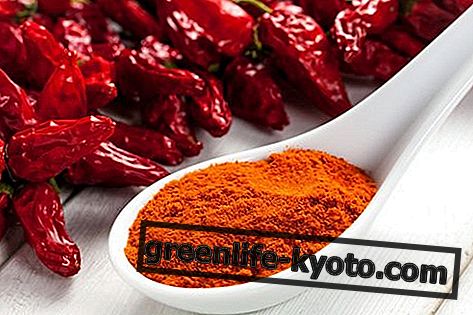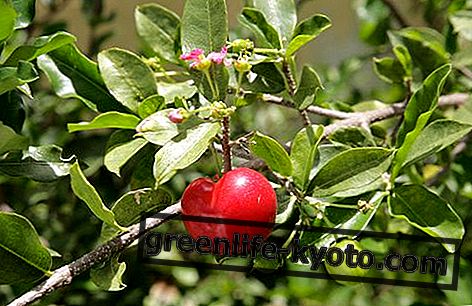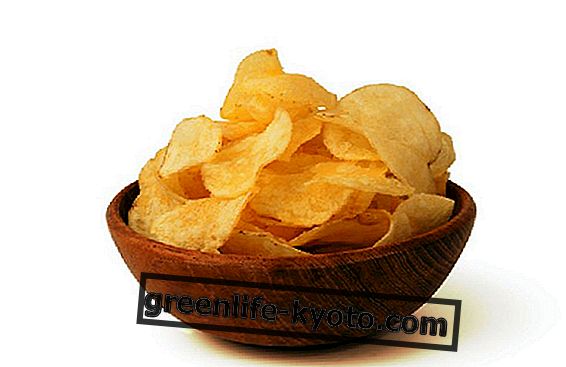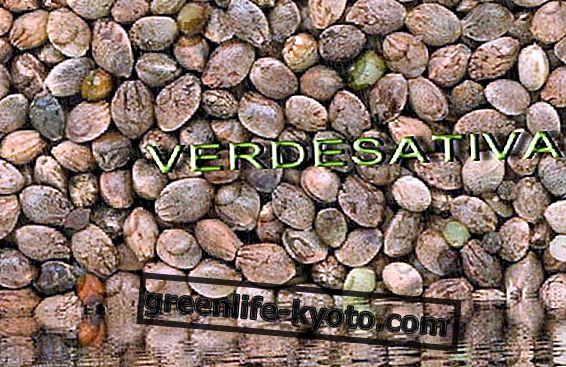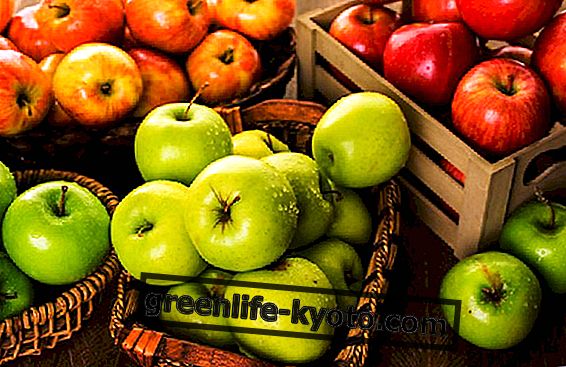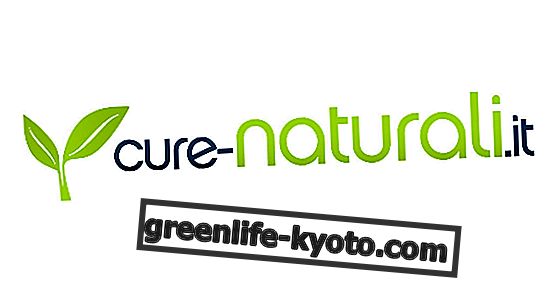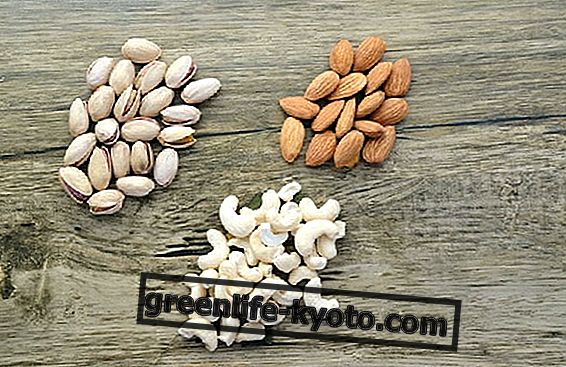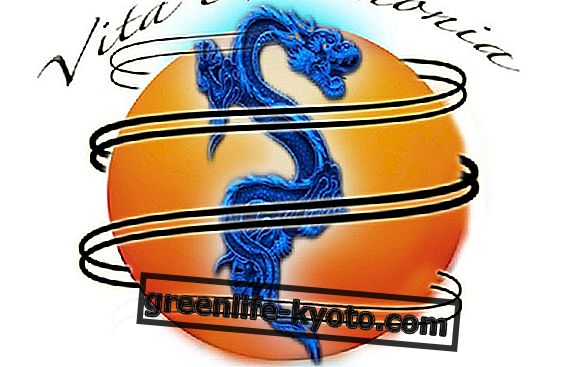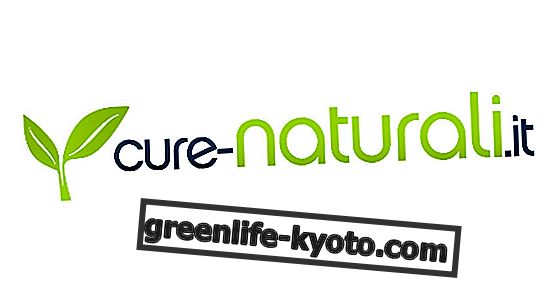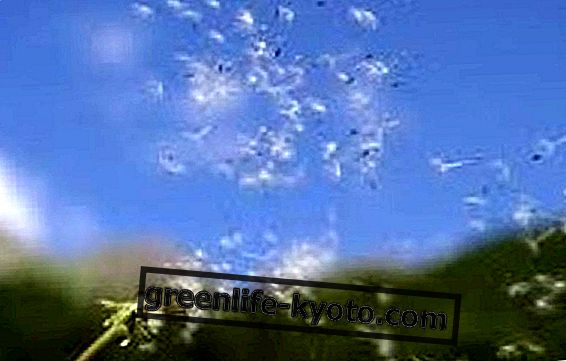The term sustainable agriculture means an agriculture that respects not only natural resources but also but also of the worker and producer. Let's find out better

What is sustainable agriculture
The concept of sustainable agriculture is very broad and complex. It can be seen from the environmental point of view, meaning an agriculture that respects natural resources such as water, soil fertility, biodiversity, and that does not use polluting chemicals.
We can talk about sustainable agriculture from the social point of view, that is the capacity of the entire global agri-food production to face the global demand, not only of the industrialized countries, but also of the developing ones.
Finally, agriculture can be understood from an economic point of view, that is advantageous for the farmer by promoting a fair income (fair trade), protecting the health of the operator and improving the quality of life of farmers and entire company.
What are the steps towards sustainable agriculture?
There is no single way to make sustainable agriculture. The agricultural models that implement sustainable principles and techniques are different:
- Organic farming: it is a production method carried out in compliance with European regulation CEE 2092/91, it only allows the use of natural substances, it avoids the excessive exploitation of resources such as soil, water and air. Organic certified farms do not use synthetic chemicals (fertilizers, herbicides, fungicides, insecticides, pesticides), but they use natural fertilizers and crop rotation. www.aiab.it
- Biodynamic agriculture: it is a production principle based on the anthroposophical vision of the world, elaborated by the Austrian philosopher Rudolf Steiner in 1924. Biodynamics has as its basis the respect for the terrestrial ecosystem taking into account the cosmic laws (especially the moon phases) and the activation of life in the soil, so that plants can regulate themselves and adapt to external conditions. No chemical fertilizers or pesticides are used and natural preparations are administered in homeopathic doses to favor soil fertility and plant growth. www.agricolturabiodinamica.it
- Permaculture: is a discipline created by Bruce Charles 'Bill' Mollison (Stanley, 1928), Australian scientist and naturalist. The term permaculture does not mean only the set of agricultural practices aimed at maintaining the natural fertility of the soil, but also an integrated design system that intertwines themes specific to architecture, economics, ecology and legal systems for businesses and communities. Permaculture is a method for designing and managing man-made landscapes in order to satisfy the needs of the population such as food and energy and to allow the sustainability of natural ecosystems. www.permacultura.it
- Ecovillages : it is a type of community that has environmental sustainability as its main objective, experiencing lifestyles different from those imposed by the current socio-economic system. Participation by the participants is voluntary and involves the design of residential units to minimize environmental impact, the use of renewable energy sources and food self-sufficiency based on permaculture or organic farming. In summary, the ecovillage allows to satisfy many basic needs, such as home, food and work, guaranteeing the community a better quality of life not linked to the dynamics of consumption and globalization proposed by today's society. www.ecovillaggi.it
- Solidarity agriculture : products from solidarity and sustainable agriculture grow on land free from the exploitation of people, free from blackmail, extortion and mafia. It is an agriculture that respects man and the environment, based on direct, solid relationships of trust, to reduce the distance between those who cultivate the land and those who enjoy its fruits.
The aims of sustainable and inclusive agriculture
Solidarity agriculture proposes an economy model based on a binding ethical code for all the subjects working in this sector and aimed at:
- improve the living conditions of producers by increasing their access to the market, paying their goods at a fairer price and ensuring continuity of commercial relations,
- promote development opportunities for disadvantaged producers, especially groups of women and indigenous peoples, and protect children from exploitation,
- to disseminate information on the economic mechanisms of exploitation, through the sale of products, favoring and stimulating in consumers the growth of an alternative attitude to the dominant economic model and the search for new development models,
- protect human rights by promoting social justice, environmental sustainability, economic security, promoting a fair and sustainable use of environmental resources.
